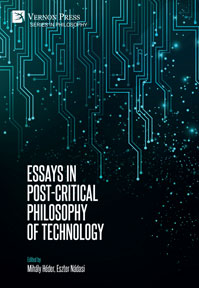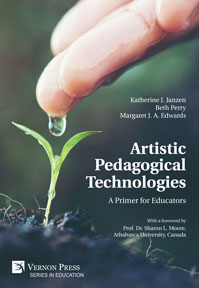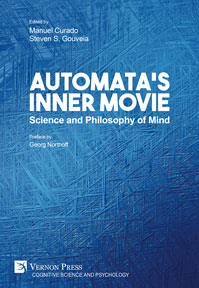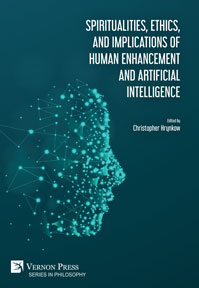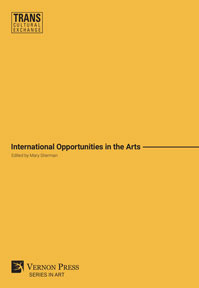In the making: Digital fabrication and disability
by Ursula Kate Hurley (University of Salford)
Purchase this book
(click here to change currency)
Digital fabrication combines virtual and material worlds; transforming thoughts into things, and things into data. It fosters complex and varied communities while enabling the pursuit of unique individual outputs. Current literature on digital fabrication concentrates on its technical and economic potential, with little attention yet being paid to the fundamental questions of how the technology might affect our understanding of identity, embodiment, or creative processes.
Using case studies and experiences gained from ground-breaking fieldwork, "In the Making" explores these processes and their products from both cultural and aesthetic perspectives; with emphasis on its human interactions, not on technology. Embracing the absence of established methodologies in their emerging area of investigation, this volume offers a series of wide-ranging and original interdisciplinary framings which arise from the materials themselves. That very act of imagining, of selecting and committing to an envisaged but not yet physically present product, offers insights into needs and desires. What is the story of that design? How did it come to be? The basic principles of digital fabrication – the transformation from concept to physical entity – offer intriguing possibilities for aesthetic and cultural readings, particularly from the perspectives of disability. Online, open access maker communities mean that anyone with an internet connection and a desktop 3D printer is able to download and print a wide variety of replicable and customisable objects. What might this mean for disabled people? As digital fabrication technologies enter mainstream society, In the making poses urgently applicable questions about presence, existence, and authenticity and begins to suggest how we might explore them.
List of abbreviations
List of figures and tables
Acknowledgements
A note to the reader
Chapter 1 Introduction
Chapter 2 Makerspace Mapping
Chapter 3 Getting Started
Chapter 4 Analysis of outputs
Chapter 5 Findings and ways forward
Appendix 1
Bibliography
Index
Ursula Hurley is a literary critic by training and a creative writer by inclination. Her interest in experimental and innovative creative practices has led her into transdisciplinary territory and intersector research collaborations. She teaches English and Creative Writing at the University of Salford, where she is Director of Postgraduate Research for the School of Arts and Media. Her research and teaching specialisms include hybrid, experimental creative practices; lived experiences and their representations; and the aesthetics of digital fabrication. She was Principal Investigator for the UK Arts and Humanities Research Council project, 'In the Making: a co-constructed mapping and feasibility study of digital fabrication labs and their potential to catalyse cultural change'. Further information can be found at http://www.inthemaking.org.uk/
3D printers, makerspace, hackspace, FabLab, interdisciplinary, material thinking
Subjects
Art
Sociology
Series
Series in Sociology
Related services
Find in a library near you Download HQ cover Find in Bookshop.org Find this title in AmazonSee also
Bibliographic Information
Book Title
In the making: Digital fabrication and disability
ISBN
978-1-62273-928-8
Edition
1st
Number of pages
144
Physical size
236mm x 160mm

![In the making: Digital fabrication and disability [Paperback]](/file/11193/9692b5a8186543f3038198f5648c50ae/1580827518.jpg)


